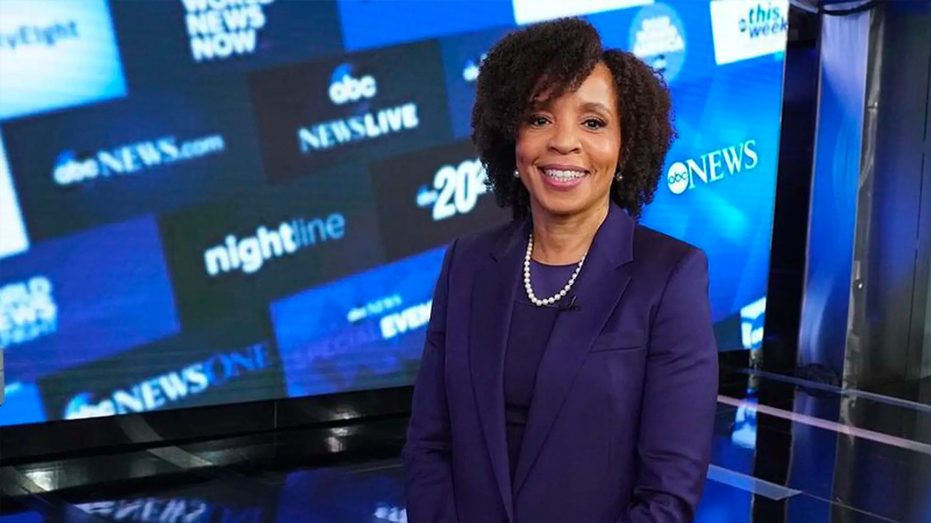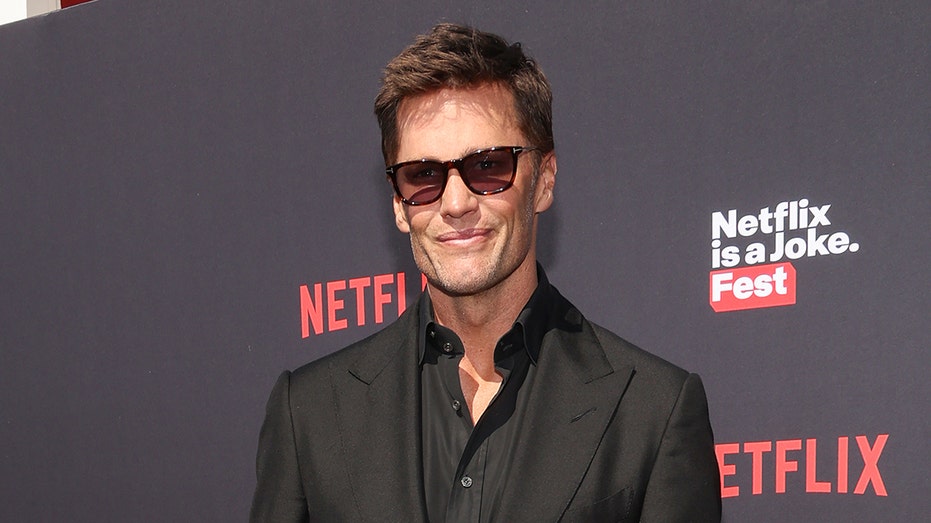There is a disconnect between Britain’s main two political parties and their supporters – and its origins go back much further than the past few years
Why are so many voters so unsatisfied with Britain’s main parties? In the opinion polls, despite Labour’s strong lead, their combined support is low by historic standards. Barely two-thirds of people say they will vote for them. One poll from this weekend predicted the Conservatives’ worst ever election result: only 98 seats. Meanwhile Labour’s membership is falling fast. Also, unusually, the main parties’ leaders are unpopular at the same time. While Rishi Sunak is one of the least-liked prime ministers ever, Keir Starmer looks likely to succeed him with his personal ratings firmly negative and trending downwards. The unacceptable replaced by the unpalatable.
This is not how Britain is meant to move towards a new political era. In the run-up to 1964, 1979 and 1997 – our three most mythologised modern changes of government – there was widespread excitement about the administration in waiting. There was also keen anticipation across the right before the 2010 election, until Cleggmania and a muddled Conservative campaign produced a hung parliament. In all four cases, a common desire to be rid of a tired old government was at least partially transformed into enthusiasm for the likely new one.
Andy Beckett is a Guardian columnist. His new book, The Searchers: Five Rebels, Their Dream of a Different Britain, and Their Many Enemies, will be published in May





